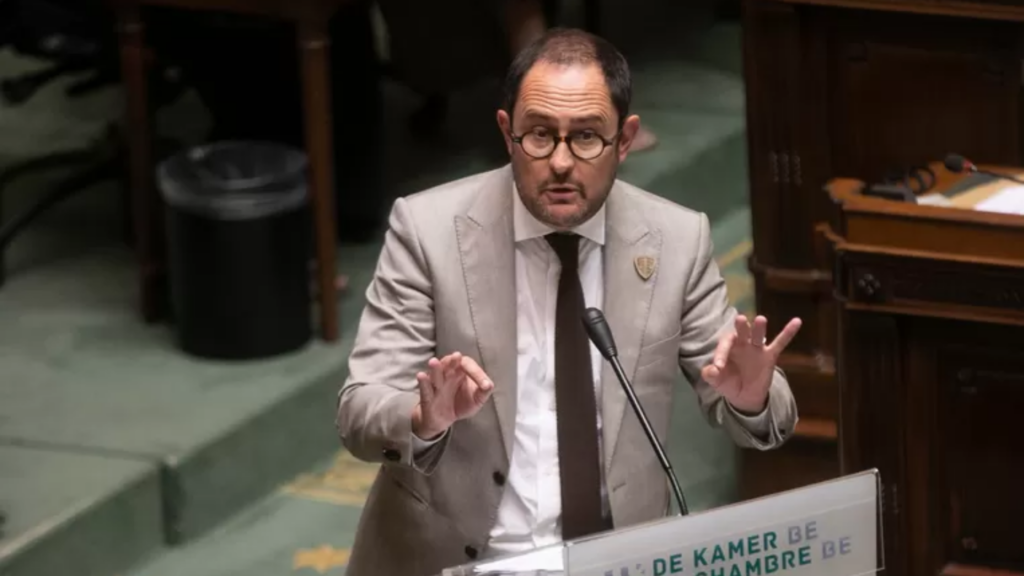Belgium’s Minister of Justice, Vincent Van Quickenborne, is 18 months late with the new regulations to combat money laundering. “Our country has been laxer than what Europe is asking for a year and a half,” said Professor of tax law Michel Maus to De Morgen.
The EU wants to see a change which obliged Belgium to transpose the new European rules against money laundering into Belgian law by 3 December 2020 latest, but it has still not fully happened.
Meanwhile, the Union has started proceedings against Belgium, which could lead to a conviction at the European Court of Justice.
Banks in Belgium have the obligation to report suspicious transactions, for instance, if they have reason to believe that money is being deposited that may have been earned through organised fraud.
As the country is steadily moving towards a cashless society and getting cash is becoming increasingly difficult, customers have already faced issues with trying to withdraw large amounts of money.
If a bank fails to report a suspicious deposit, it can be held responsible for money laundering. This notification only applies to ‘serious’ tax fraud, but not to smaller fraud crimes.
‘Normal’ or ‘serious’ fraud?
The changes concern the categorisation of fraud and the distinction between ‘serious’ and ‘normal’ fraud. Justice Minister Vincent Van Quickenborne does not want banks and accountants to be jointly responsible for regular fraud. “A bank or lawyer who literally accepts €1 euro of 'possible' black money could be prosecuted if they did not report this,” he said.
Related News
- Deadline to submit paper tax forms next week: how does it work?
- One in seven Belgians go hungry because of financial issues, says survey
- Wider social rate and reduced VAT: Support measures once again extended
In order to avoid a “witch hunt for every taxpayer”, Van Quickenborne tried to introduce an exception to spare banks and some other professions, but the Council of State disagreed. “As a result, our country has been laxer than what Europe demands for a year and a half,” says tax law professor Michel Maus.
Fighting fraud
At the same time, the federal government wants to raise €1 billion by 2024 to fight tax and social fraud, an amount that is only feasible if the fight against fraud is significantly increased.
Critics within the government say the process is dragging on too long. In the meantime, a plan to give the tax authorities more time to deal with complex fraud files was opposed. “I don’t understand why the liberals don’t want to give tax inspectors the time," Van Peteghem said.
Two sides
There is a disagreement among tax experts on whether the new European rules are truly effective. Proponents say banks will not be prosecuted if they can show that they acted in good faith, while opponents fear that banks will suddenly make a huge number of reports to the tax authorities as a precaution.
“Then you get a tsunami of reports that can never be treated anyway,” says Michel Maus. “And then the tax authorities have so much work that major fraudsters can slip between the meshes of the net.
An alternative is to depenalise petty fraud. But you can never sell that politically: then the government will be criticised that it apparently does not consider fraud important.”

